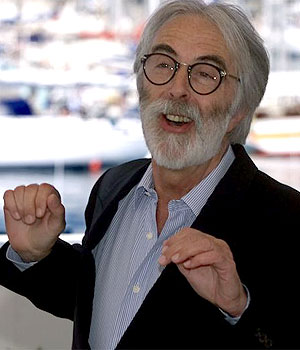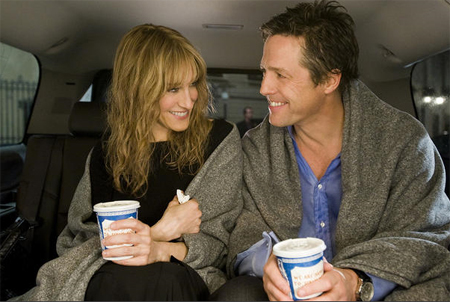This is the last blog post of 2009. If this post were written by another blogger, I would probably be telling you about how 2009 was the worst year in recent memory or I would probably be arguing in very persuasive language about how the noughts were the worst decade since the beginning of the Judeo-Christian calendar — a charge that I cannot guarantee for sure, since I was not alive when we started keeping tabs on the years. But I cannot do this. Because 2009 raped me. And as a rape victim, I am too ashamed to chronicle the specific details of 2009’s violent actions. This would be a classic he said/she said situation, were 2009 able to respond to my allegations. But because 2009 is not a person, and merely a year, it cannot defend itself from my rape charge.
The major ethical question here is whether I am (a) lying about 2009 raping me, (b) a bit too influenced by other excitable, finger-waving, end-of-the-year posts, essays, and articles, or (c) attempting, through some foolish and over-the-top catharsis, to find a disingenuous manner with which to accuse 2009 of rape. It may very well be a combination of two or three of these elements. Were I interested in attaching some end-of-the-year list to justify my rape allegation against the year (and the decade), you might more ably believe in my convictions.
But I prefer to operate in the present and learn from past mistakes. If 2009 did rape me, I will certainly do my best to ensure that future years will not violate me. But were any of us really violated? And why do we all insist on putting the blame on any one year? Wikipedia informs me that “projection is always seen as a defense mechanism that occurs when a person’s own unacceptable or threatening feelings are repressed and then attributed to someone else.” Is it fair to project our more difficult emotions onto a single year?
There are a few absolute projections that I can make right now. But I can say that the next post I write will be in 2010. I am not sure if 2010 will rape me. It’s just too early to tell. Now that I have begun to ruminate upon 2009, I am not sure if the year actually raped me. Yes, there was a struggle. But it’s not as if 2009 was some strange year who picked me up in a bar. We knew 2009. And it is said that most rape victims suffer not from the despicable actions of strangers, but from people they know. But 2009 is not a person. It is a year. And we have something that 2009 does not, which is the ability to exist longer than 365 days. So is all this negative self-reflection (or, this post’s reflection of other self-reflections from other blogs) the result of not being able to confront the glorious prospects of the present?
Perhaps. But irrespective of these difficult questions and inside one earnest sentence devoid of satirical intentions, I do wish everyone a very happy new year!


 Correspondent: In Funny Games, you have a scenario in which we don’t actually understand the motivations of the two killers. Cache, same thing. The actual motivation behind the videotapes is not entirely spelled out. And, of course, in The White Ribbon, we have a similar situation in which its more about the consequences than it is about the origins. And I’m curious why your films tend to not dwell upon the origins of terrible acts, as opposed to the consequences. Do you think that looking for the root cause of human behavior is a folly? At least with these particular characters in your film?
Correspondent: In Funny Games, you have a scenario in which we don’t actually understand the motivations of the two killers. Cache, same thing. The actual motivation behind the videotapes is not entirely spelled out. And, of course, in The White Ribbon, we have a similar situation in which its more about the consequences than it is about the origins. And I’m curious why your films tend to not dwell upon the origins of terrible acts, as opposed to the consequences. Do you think that looking for the root cause of human behavior is a folly? At least with these particular characters in your film?
